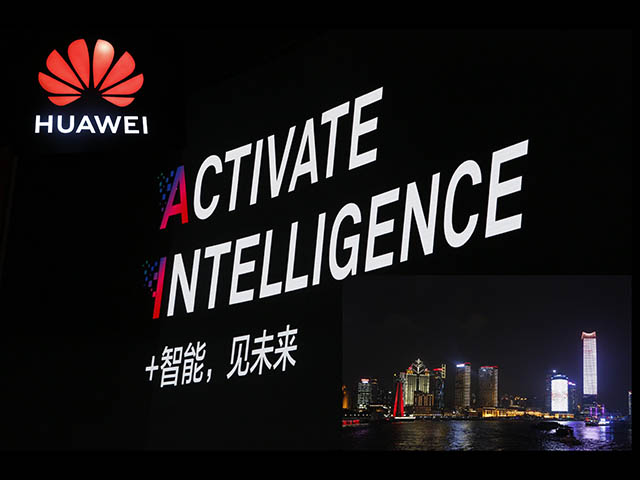Huawei Connect 2018: Using technology to transform banking Part 1
By Ryan Noik 19 October 2018 | Categories: Corporate Events
Amongst the many highlights of Huawei’s Connect 2018 conference, held in Shanghai, China last week, was an intriguing interview with Jason Cao, the president of global finance, business & global key account department at Huawei.
On the table for discussion was how technology can be used to strengthen the financial services sector, the role of fintech and what South Africa could learn from the China to foster mobile payments. Indeed, in banking in particular, established and emerging technologies like artificial intelligence, cloud, big data and mobile are enabling digital transformation. And yet, it can be a daunting journey for many financial institutions.

Jason Cao, president of global finance, business & global key account department at Huawei.
Together we can
Cao explained that Huawei already had close collaborations with several financial institutions, not just in China but also abroad, helping those banks get started in their digital transformation journey.
More specifically, Huawei leverages big data, cloud computing, mobile connectivity, and other ICT technologies to help an increasing number of banks offer interaction experience that is people-centric, real-time, on-demand, all-online, Do It Yourself (DIY), and social. The company further links traditional siloed ICT systems to better support banks' service processes, promote agile business innovation, and provide customers with ubiquitous banking services.
Cao continued that while Huawei doesn’t perform data analytics for its banking customers, it does provide the big data analytics platform so they can work with their partners to do this by themselves based on their own business needs.
What lies ahead
Even as artificial intelligence (AI) based applications existed years ago, it has been the development of cloud computing and the increase of computing power, along with a great deal more data being available, that has made AI based applications more feasible to use extensively
For general users, this means that finally they, as the banks’ customer, are being placed front and centre and their experience with their bank has become a priority.
Further fueling bank’s acknowledgment of the need to transform is the rise of fintech startups, to the extent that one of the questions being asked in the financial services industry is how fintech start-ups and conventional banks will coexist five years from now and what will be the state of this industry then?
Cao explained that from Huawei’s perspective, many fintechs will become part of the traditional banks. “Perhaps in five years time there will then be new technologies with the potential to disrupt the industry again. But actually many financial institutions may not have to worry about 2025 because they may not survive if they don’t transform themselves,” he warned.
Separate together
So seriously is the rise of fintech being taken, that some conventional banks are establishing a new fintech business outside their current organisation that is built using the latest technologies and an AI mindset. “These banks recognise that fintech has great potential to succeed and they don’t want to miss out. If their spinoff business does take off, then they transfer personnel to their tech-centred business,” he added.
Just one example of this is mBank in Poland, which became so successful that its parent company changed its name to mBank as well. In part 2, Jason Cao and Chen Cao explain what South Africa can learn from China’s approach to mobile money.
Most Read Articles

Have Your Say
What new tech or developments are you most anticipating this year?



